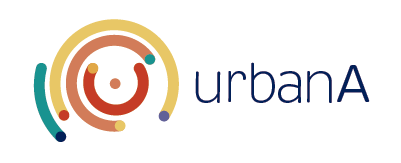
UrbanA
UrbanA sought to advance the transformation of cities across Europe into inclusive, sustainable, and thriving urban and peri-urban environments. UrbanA synthesised insights and experiences generated in previous EU-funded projects and, in doing so, developed new and integrated approaches to inform the way in which cities are governed and planned to be environmentally sustainable, resilient, equitable, and inclusive. ICLEI Europe and UrbanA have developed a set of 17 keys, which aim to support city-makers in unlocking sustainable and just cities.

AURORA
AURORA aims to empower citizens to make more informed energy decisions and to play an active role in the green energy transition. Aurora will raise energy awareness by an app to track daily energy consumption and carbon footprint. It will influence energy behavior by tailored recommendations. A crowdfunding opportunity to invest into local photovoltaic power plant will be provided to participants to offset their carbon emissions and become near zero emission citizens.

smarticipate
While the EU-funded project aspect of smarticipate – which saw project partners develop and test the smarticipate platform in cooperation with Rome (Italy), Hamburg (Germany) and the Royal Borough of Kensington and Chelsea, London (United Kingdom) – has come to an end, the platform itself will live on. Local governments from all regions of Europe can now use the platform in their city, enhancing urban planning and increasing the involvement of citizens.
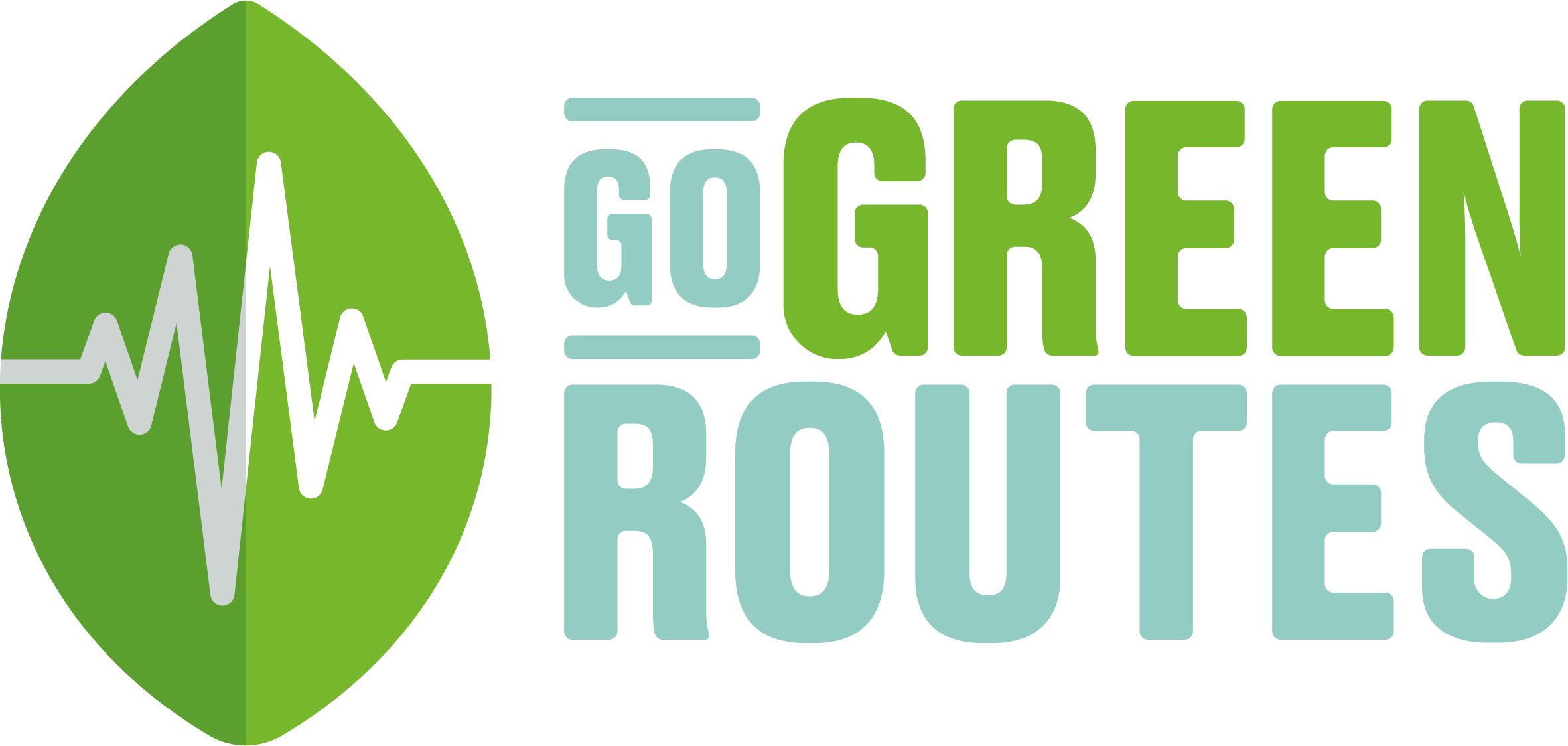
GoGreenRoutes
GoGreenRoutes is a €10.5m EU-funded project sowing the seeds for increased nature-connectedness across Europe, Latin America and China. Its multidisciplinary consortium of 40 organisations is pairing participatory approaches and citizen science with Big Data analyses and digital innovation to co-create "Urban Well-being Labs" in six “Cultivating Cities”: Burgas (Bulgaria), Lahti (Finland), Limerick (Ireland), Tallinn (Estonia), Umeå (Sweden) and Versailles (France).
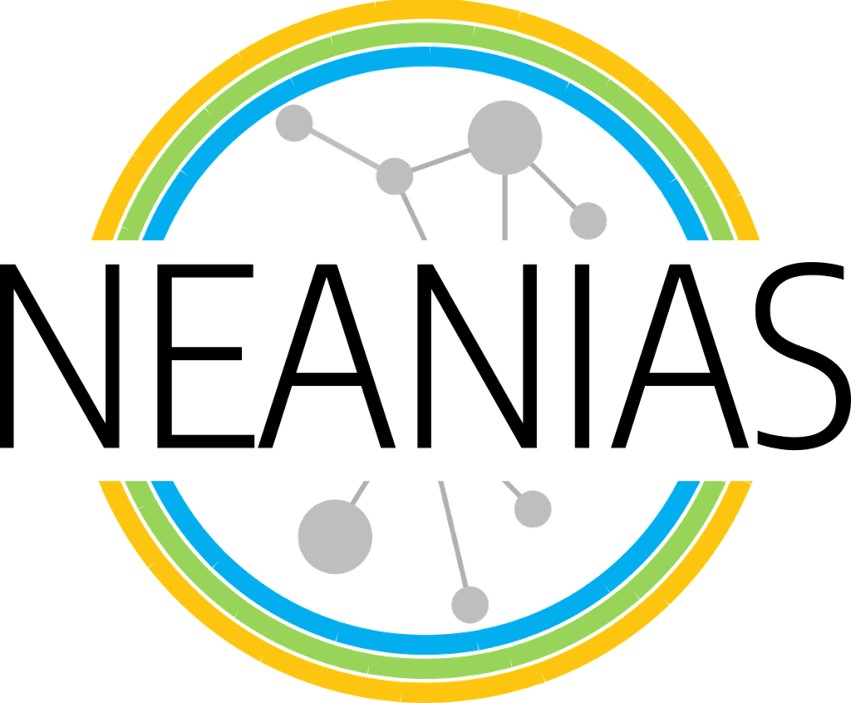
NEANIAS
NEANIAS promotes Open Science practices and plays active role in the materialization of the EOSC ecosystem by efficiently engaging large scientific and professional communities; actively contributing to the technological, procedural, strategic and business development of EOSC. NEANIAS drives the co-design and delivery of innovative thematic services, derived from state-of-the-art research assets and practices in three major sectors: Underwater research, Atmospheric research, and Space research.

Osservatorio Nazionale Sharing Mobility
The National Platform for Shared Mobility is a joint initiative by the Sustainable Development Foundation, the Ministry for the Ecological Transition and the Ministry of Sustainable Infrastructure and Mobility. Composed by over 120 members, the Platform collets and disseminates data, enables matchmakings among shared mobility stakeholders, publishes yearly the National Report, disseminates information and best practices, and organizes every year the National Conference with Italian and international shared mobility experts.
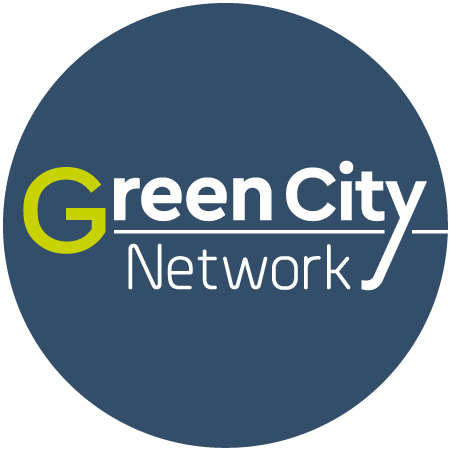
Green City Network
The Green City Network is an initiative promoted by the Sustainable Development Foundation to enhance activities and initiatives for the greening of the Italian cities in accordance with the best European and international experiences. The Network aims at disseminating best practices, developing studies and research, promoting European and international studies, and promoting dialogue with public authorities in order to plan and implement green economy measures in cities.

Italy for Climate
Italy for Climate is an initiative promoted by the Sustainable Development Foundation with the aim to increase climate ambition in Italy. Core activities include: dissemination of a Climate Neutrality Roadmap for Italy; publication of science-based, policy-oriented research on the topics of climate and energy; awareness-raising and communication to the broad public; capacity building and stakeholder engagement at all levels of governments and across all sectors – including civil society and the business sector.
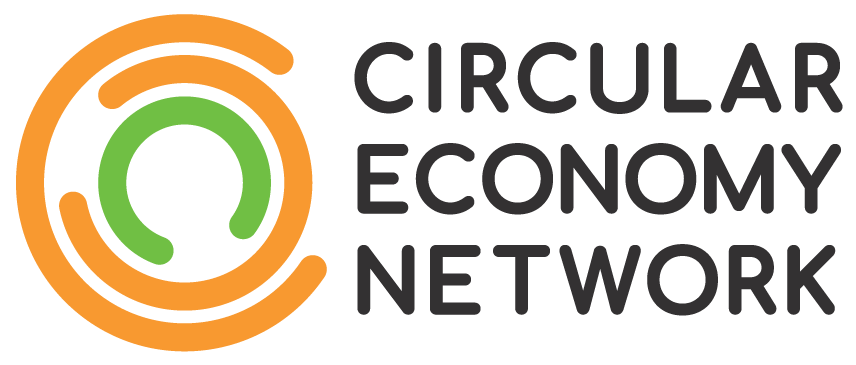
Circular Economy Network
The Circular Economy Network (CEN) is a project that aims, in the wake of the European strategy, to stimulate a profound change in our production system, moving from a linear economy to a circular model capable of supporting the social, ecological and climate challenges that arise from the green economy, while, at the same time, increasing the competitiveness of Italian companies within international markets.
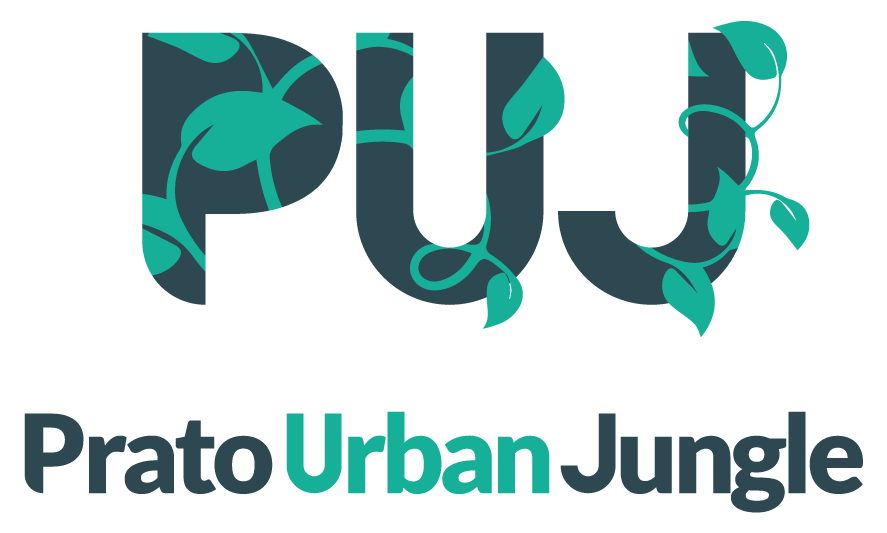
Prato Urban Jungle
The Prato Urban Jungle project aims at promoting a creative and visionary urban design to re-naturalize the districts of Prato in a sustainable and socially inclusive way. To this end, "urban jungles" will be developed: areas with a high density of nature-based solutions, immersed in the urban structure, which multiply the natural ability of plants to break down pollutants while requalifying soil and transforming decaying areas into active green hubs. Project co-funded by the UIA program (UIA04-176 PUJ).
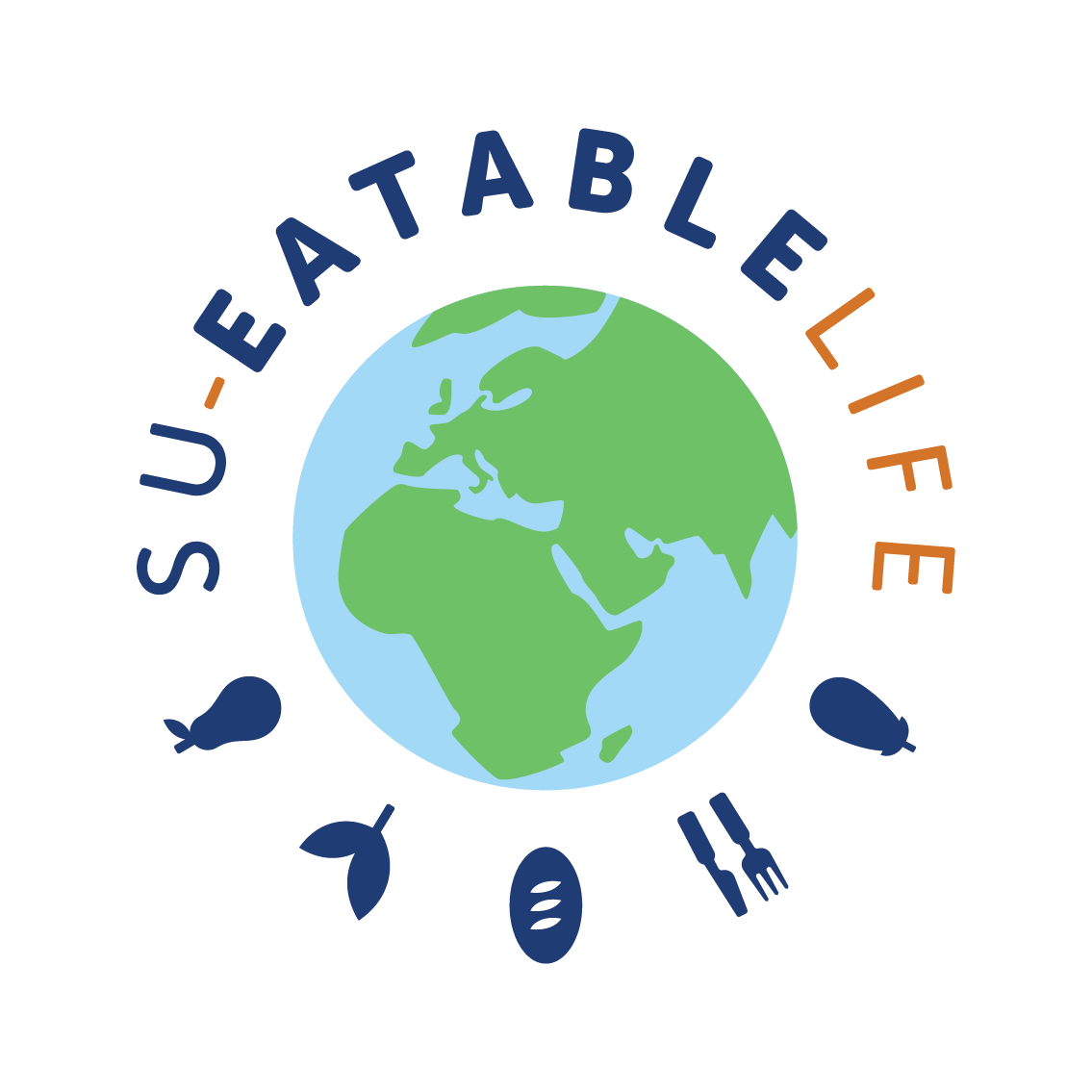
SU-EATABLE LIFE
The SU-EATABLE LIFE project addresses the potential of reducing CO2 emissions and water footprint impacts via the adoption of healthy and sustainable diets. As part of the project, a series of activities have been carried out in university and company canteens located in Italy and in the United Kingdom, to actively involve European citizens in the adoption of a healthy and sustainable diet. SU-EATABLE LIFE is a European project co-funded by the LIFE program (LIFE16GIC / IT / 000038).

EFFECTIVE
Project EFFECTIVE is a multi-company collaboration to produce more sustainable bio-based fibers and plastics for large consumer products by using renewable feedstocks and innovative technologies. Because we care about the end-life of our products, EFFECTIVE embraces the circular economy to close the material cycle and make sure we maximize the value of every fiber and plastic we create and demonstrate better ways for reusing and recycling our products.

IMPACT
The IMPACT project goal is building values-based innovation cultures for sustainable business impact, training and teaching. It unites innovation scholars and practitioners to improve the teaching and coaching of sustainability-oriented innovation and entrepreneurship in higher education institutions around Europe.
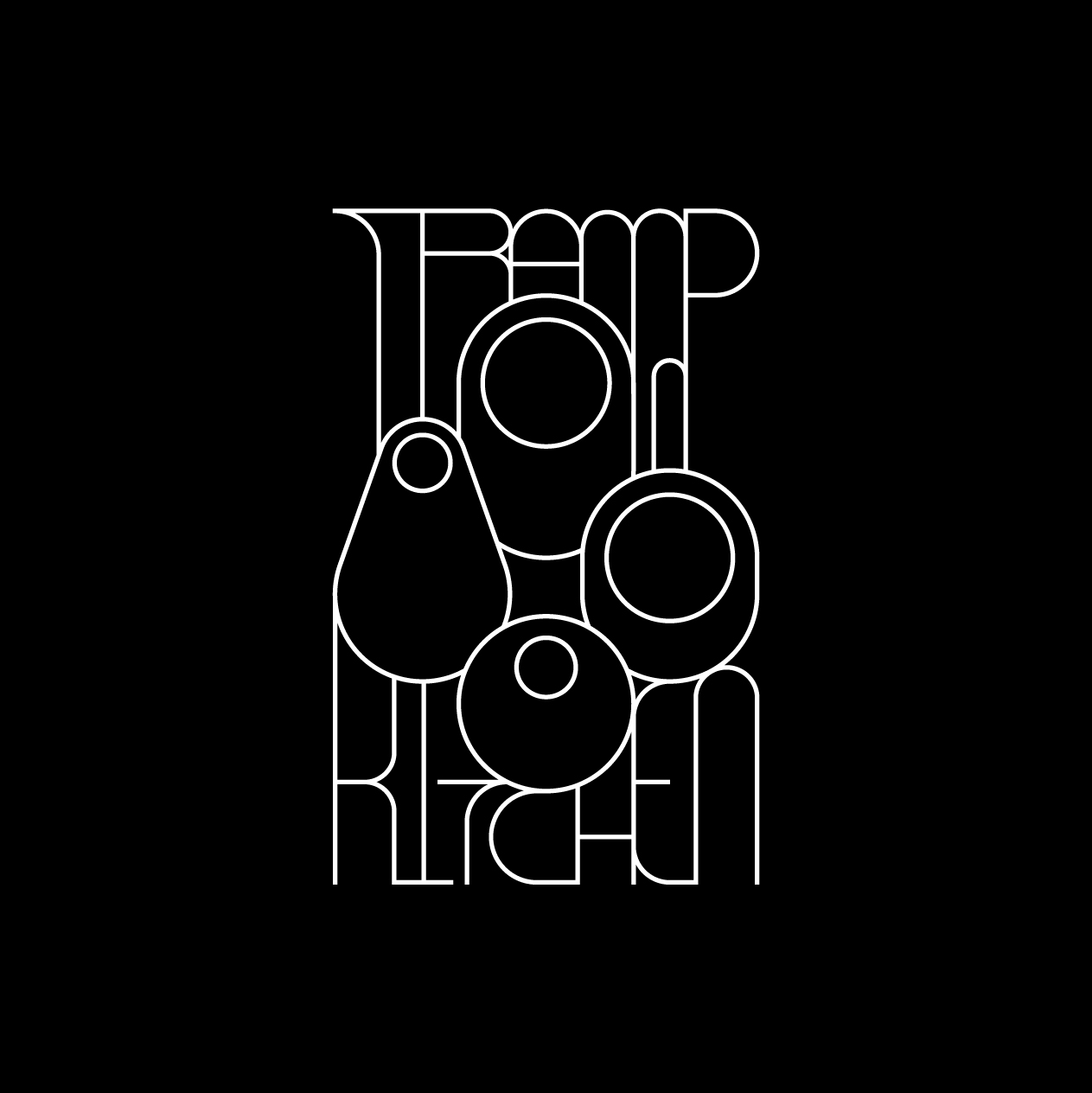
Tramp Kitchen
Tramp Kitchen believes in collective action to bring food from the seed to the table sustainably and equitably, so it promotes advocacy and awareness-raising activities bringing local actors together. Our goal is to create a grassroots food movement involving all food actors in the city, sharing and exchanging knowledge and experience.
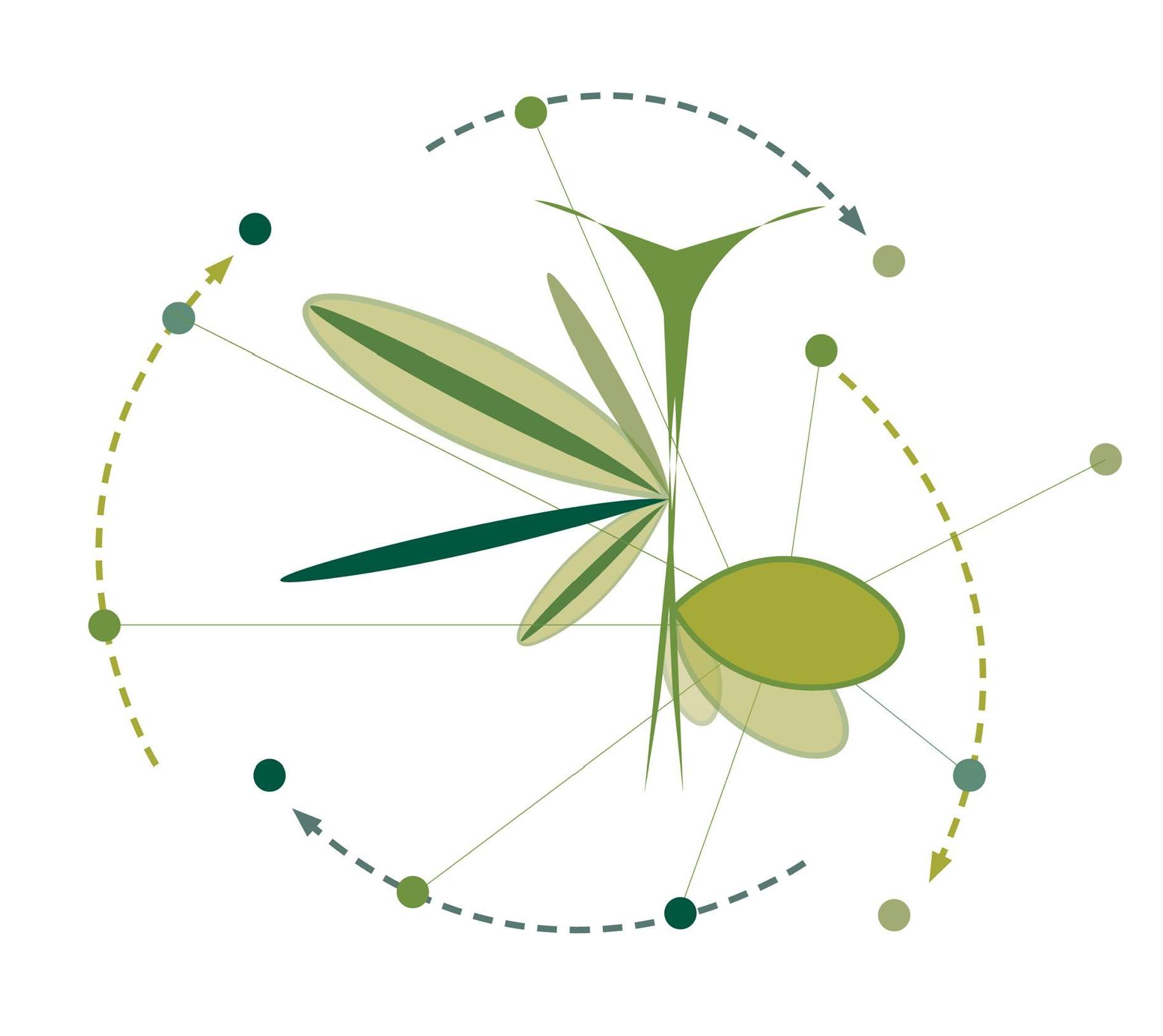
Pomace
Project Pomace, a collaborative design research between the Netherlands and Turkey, features a series of design experiments with bio-based materials towards a creative circular practice. The project is inspired by the intrinsic circular qualities of the ancient olive cultivation practices in Karaburun, Izmir. It suggests that understanding the inherent qualities of this very own practice and culture will help us to develop an understanding on circular design thoroughly.
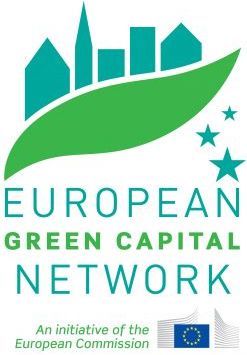
European Green Capital Network
The European Green Capital Network is a network of European forerunner cities in environmental management and sustainable urban development. Formalised in 2014 during Copenhagen's Green Capital Year, the network brings together key environmental movers from the local governments of these cities on a regular basis.
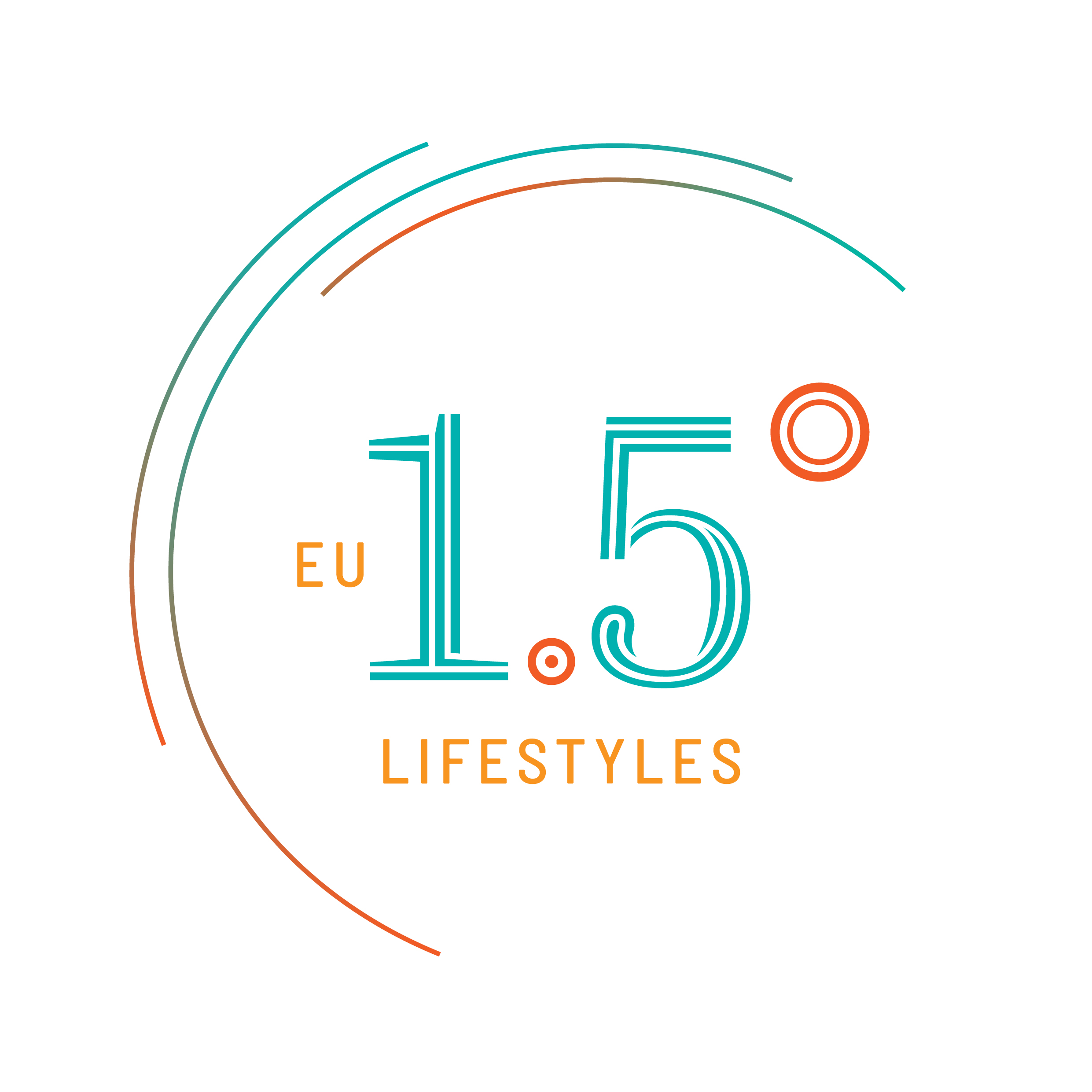
EU 1.5° Lifestyles
The EU 1.5° Lifestyles project aims to begin mainstreaming 1.5° lifestyles at the EU level. We do this by connecting an analysis of individual lifestyle perspectives, on household level, with policies and socio-economic structures, on all levels from international to local. We pursue our aims using quantitative and qualitative methods, country-level assessments and sector-based case studies, as well as innovative participatory formats and a broad range of communication methods.
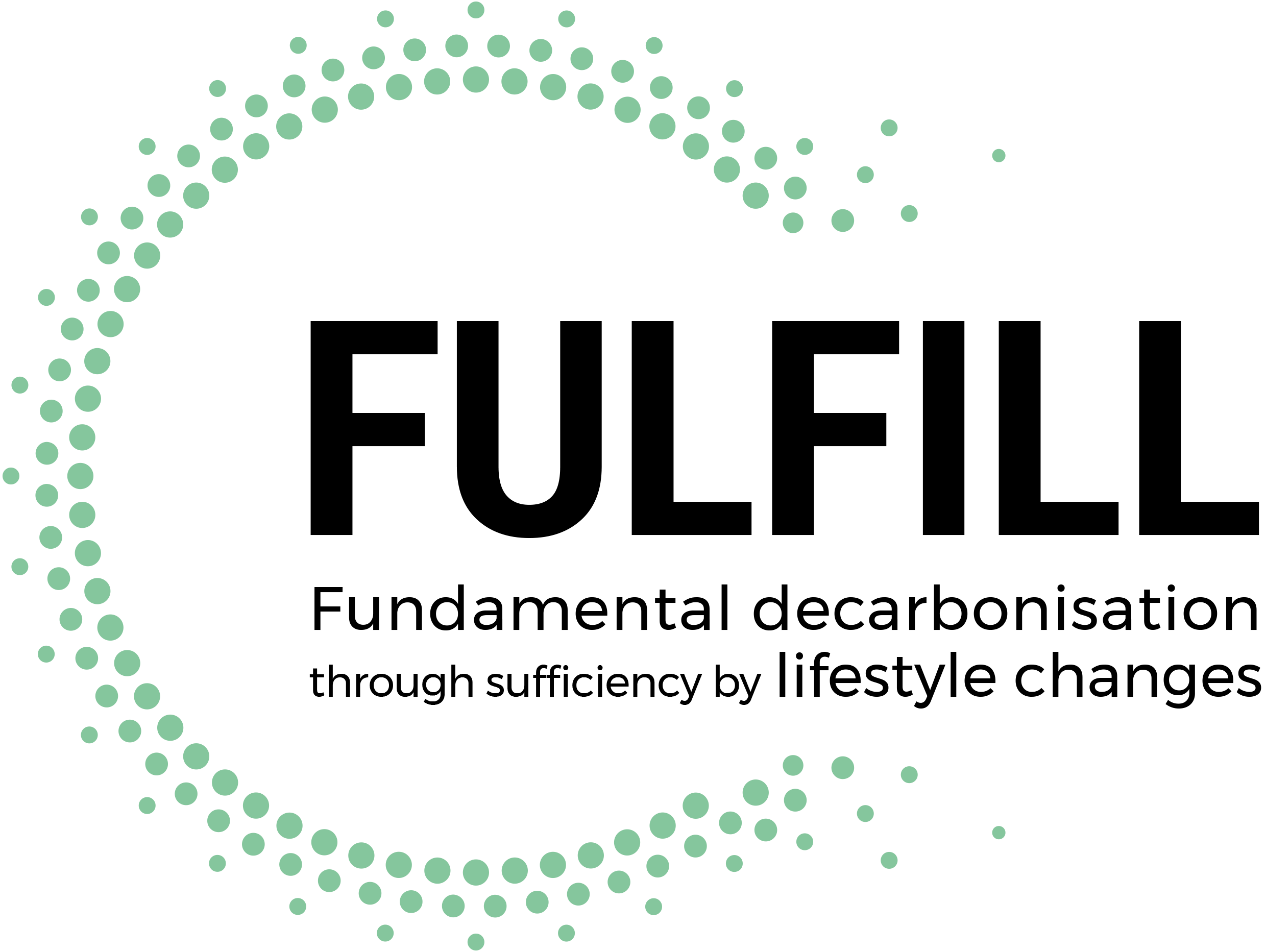
FULFILL
FULFILL takes up the concept of sufficiency to study the contribution of lifestyle changes to decarbonising Europe and fulfilling the Paris Agreement. FULFILL understands the sufficiency principle as creating the social, infrastructural and regulatory conditions for changing individual and collective practices in a way that reduces greenhouse gas emissions and simultaneously contributes to societal wellbeing.
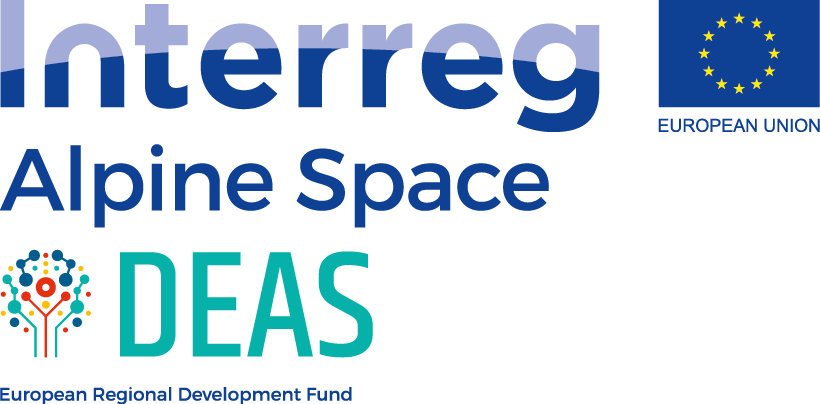
DEAS project
Scope of the DEAS project is to improve the value of using open data for public service and business, raise competitiveness of the Alpine space areas with their exploitation and improve the Alpine Digital Agenda. DEAS is strengthening the impact of the digital single market strategy&action plan focusing on alpine strategic sectors which can benefit from the use of open data, such as climate protection, tourism&culture and mobility. With DEAS project, the public & private sectors will boost the creation of new disruptive and customer-oriented services/products for citizens, tourists and entrepreneurs.

INHERIT
The H2020 INHERIT initiative aimed to stimulate effective policies, practices and innovations that address key environmental stressors and promote health equity and wellbeing, achieving a "triple-win". It encourages us to modify our current lifestyles, characterised by a ‘take, make, consume, dispose’ model of growth, to formulate scenarios for a more sustainable future, and to design, implement and test inter-sectoral initiatives to achieve the desired change.

CARE4CLIMATE
LIFE IP CARE4CLIMATE is an eight-year integrated project that promotes awareness-raising, education and training of key stakeholders to implement measures to help Slovenia meet its GHG emission reduction targets by 2030 and faster transition to low carbon society. The project covers six areas that contribute to the causes or the mitigation of climate change: Raising awareness and capacity building for the transition to a low-carbon society, Sustainable mobility, Sustainable construction and the efficient use of energy in buildings and companies, Green public procurement, Food waste, Land use, land-use change and forestry (LULUCF).
This project has received funding from the European Union’s Horizon 2020 research and innovation programme under grant agreement No 101037342.
